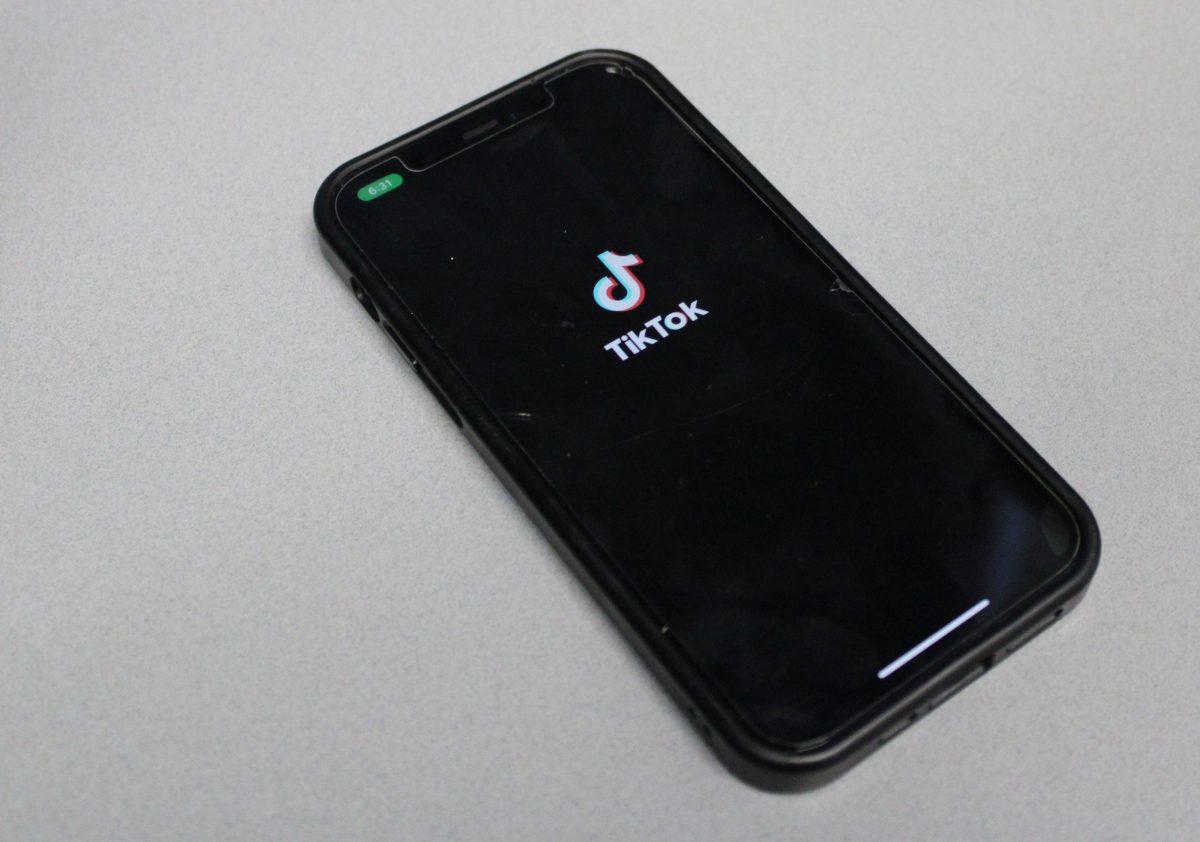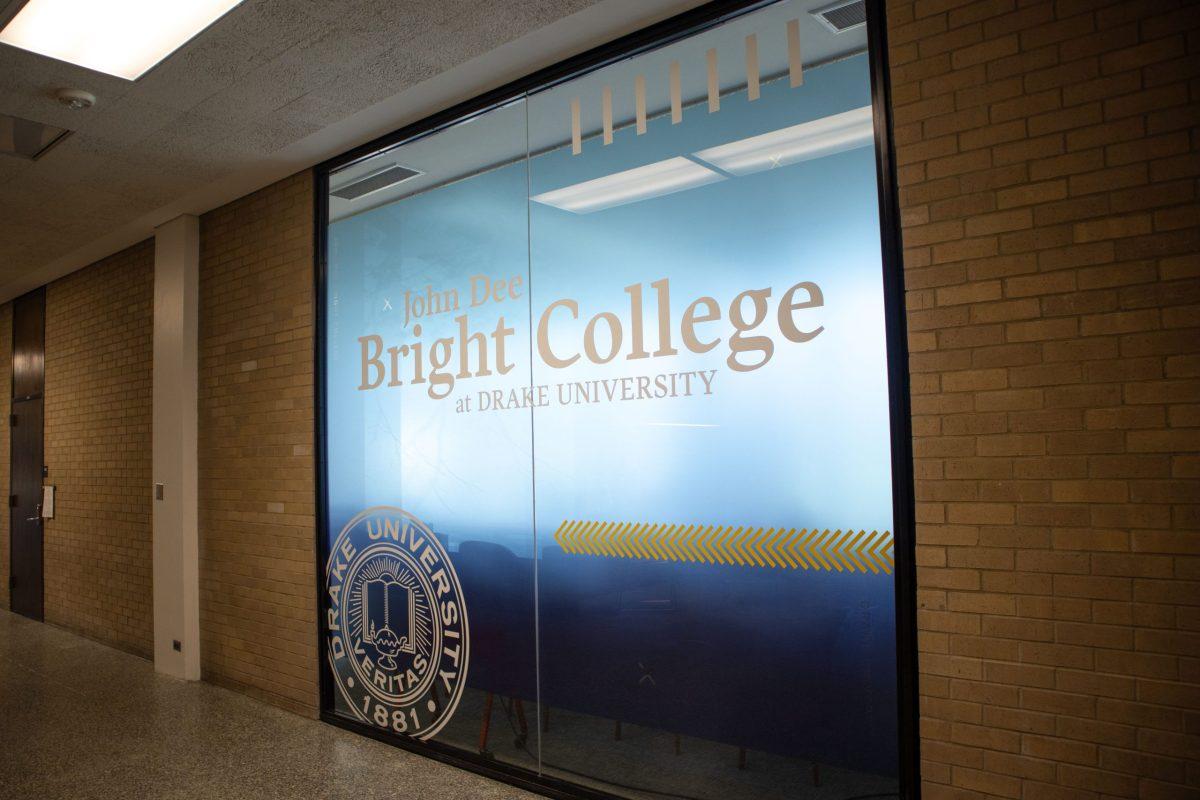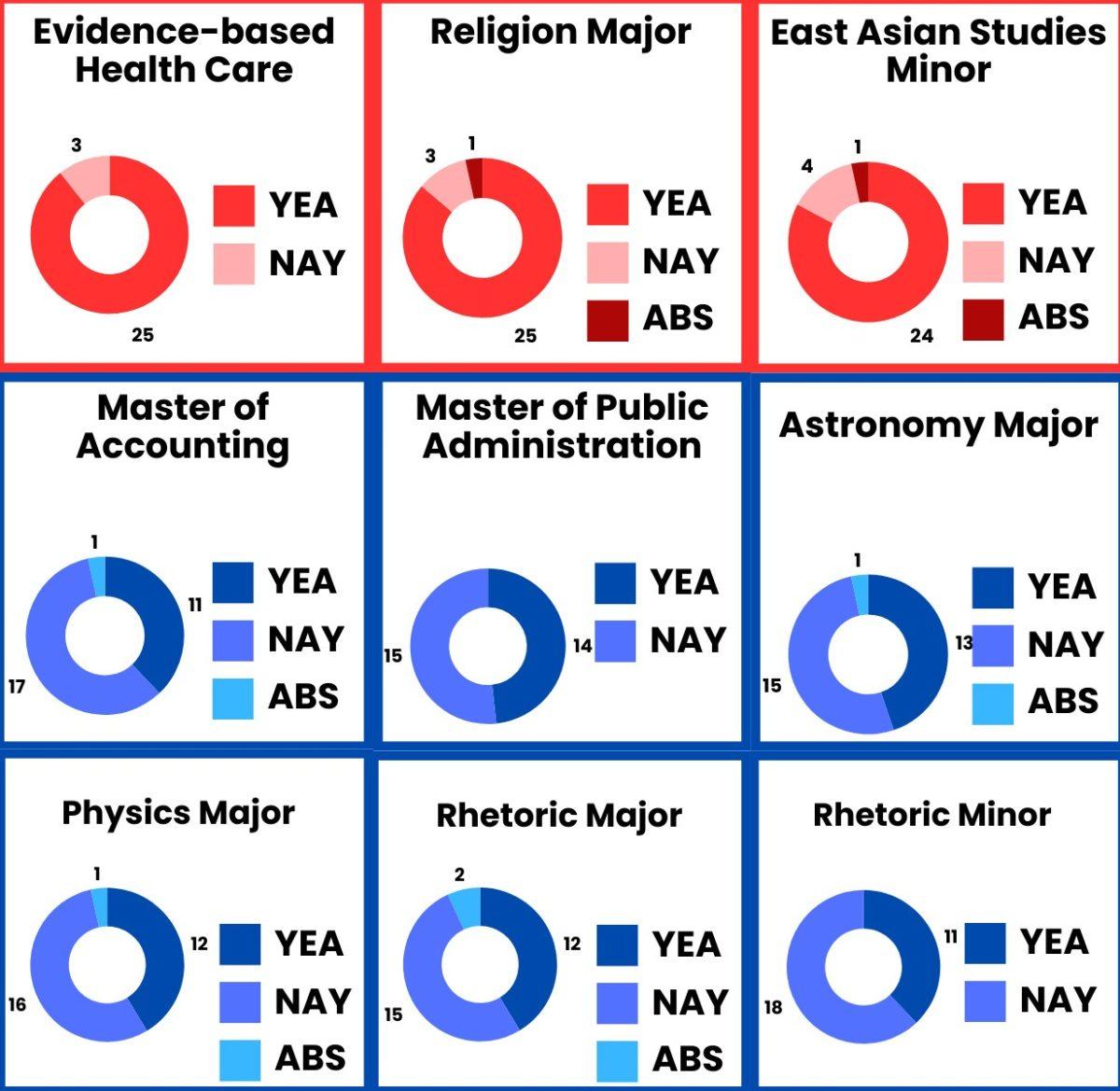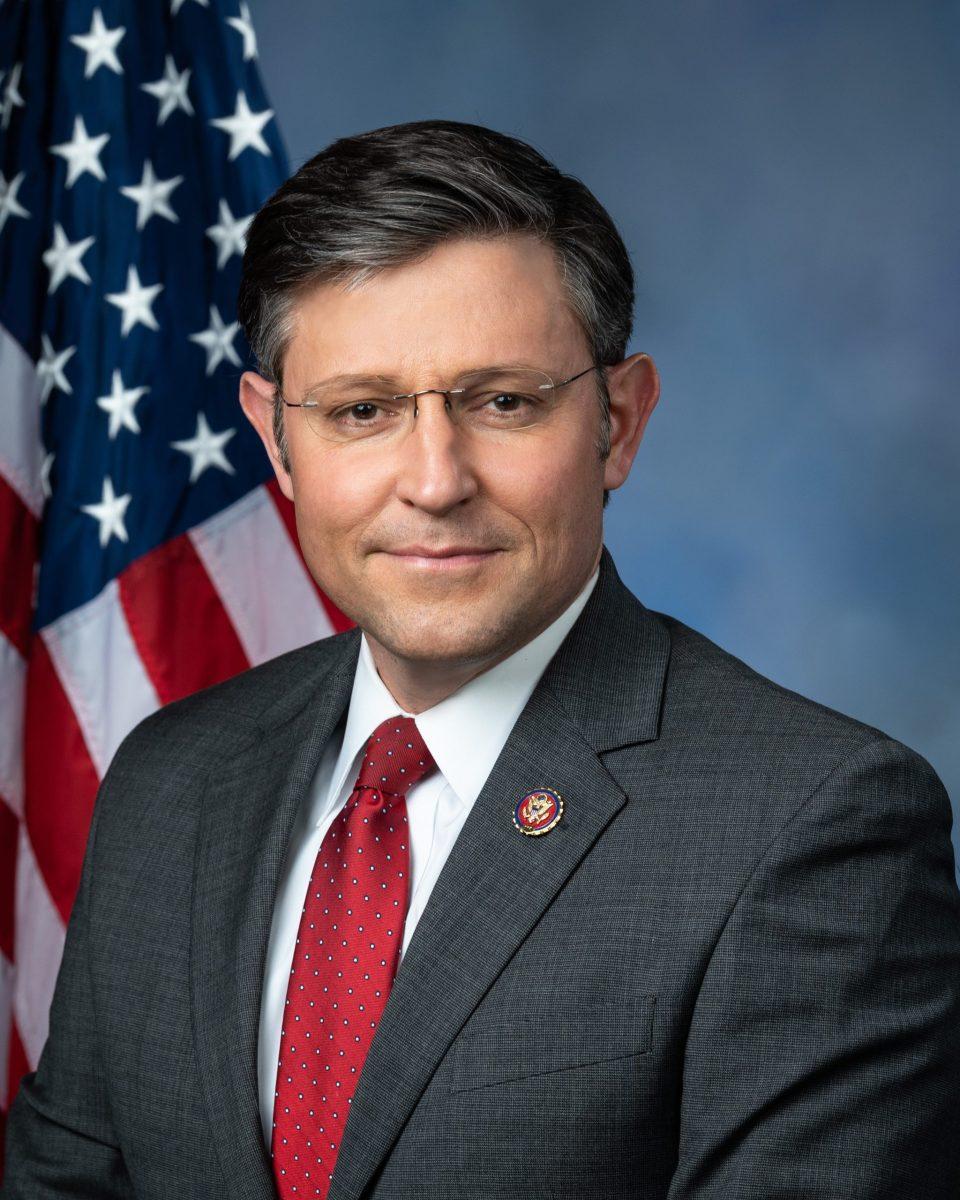On March 13, the U.S. House of Representatives voted 352-65 to pass legislation meant to pressure ByteDance, the Chinese parent company of TikTok, into selling the app. The bill’s future in the Senate is unclear, but President Joe Biden said he would sign the bill if it were to make it through Congress.
This bill is the culmination of years of tension between the U.S. and China regarding matters of national security. If it were to pass and the app’s current owners refused to sell, TikTok would be banned in the U.S.
Two-thirds of TikTok’s 170 million American users fall between the ages of 18 and 34, making the app a familiar presence on college campuses across the country. Drake University is no stranger to this phenomenon.
Student organizations like the Drake Broadcasting System use the app to promote their content and recruit new members.
“It really does help us a lot,” said Keila Perez Serrano, the entertainment director for DBS.
If the legislature banned TikTok, Perez Serrano said the organization would have to lean more heavily on its other platforms.
“YouTube shorts or Instagram reels would be the best answer [to a TikTok ban],” she said. “We already use YouTube; we could figure out how to use the YouTube shorts. Getting the shorts out there would be difficult, but I think we can manage to figure [something out].”
This sentiment was shared by Erin Bell, live mascot director and owner of Griff II.
“We would just kind of adjust however we need to,” Bell said. “We have Instagram, Facebook and X [formerly known as Twitter] already, so just continuing [to] post and communicate on there would probably be the plan.”
For Bell, a bigger concern was the connection to students that would be lost in the event of a ban.
“TikTok is the way to reach prospective Drake students, which is one of our priorities,” she said. “I know that [current] Drake students like to see [Griff] active on TikTok as well.”
Chris Snider, an associate professor of journalism and mass communications at Drake University, also uses TikTok as part of his career.
Snider started his TikTok account in August of 2022. He uses the account to post updates several times a week about what’s going on in the world of social media.
“Part of going for full professor is proving that you are a nationally-known expert in an area,” Snider said. “I started my account to see if I could become known as a national expert on social media through TikTok, so my next promotion is very heavily tied to TikTok.”
Even though he is a frequent user of the app, Snider believes there is a potential risk in TikTok’s current ownership.
“The idea that the People’s Republic of China could potentially control an algorithm that decides what information to show young people in the United States is a scary thing,” he said. “There’s a reason why China is not allowed to own media companies in the United States. There’s a threat there — that’s a real thing. But I think there are other ways to achieve what the U.S. wants to achieve that don’t involve this kind of ban.”
As a point of clarification, ByteDance has a Singaporean CEO, Shou Chew, and is based out of Beijing, China.
David Skidmore, a professor of political science at Drake, agrees that social media platforms can pose a potential threat to national security, but he doesn’t see TikTok as being any more or less of a threat than any other app, foreign-owned or otherwise.
“TikTok’s critics have yet to offer evidence to substantiate claims that TikTok poses particular risks by virtue of its Chinese ownership,” Skidmore said in an email. “In my view, TikTok has become ensnared in the political blowback produced by the broader Sino-American strategic competition. In the present atmosphere, any high-profile Chinese entity operating inside the United States will be treated with exaggerated suspicion.”
Skidmore also believes there are bigger issues when it comes to the world of social media that bills like this one don’t leave room to address.
“The addictive nature of these technologies has given rise to an epidemic of anxiety and depression among young people while hampering learning and the developing of social skills,” he said. “A forced sale of TikTok addresses none of the real problems with social media that deserve attention and regulation.”
Even with so much of his career hinging on social media, Snider also acknowledged that there are flaws in the system.
“Because of [this bill], Congress is never going to take on any of the other problems with social media,” he said. “This is gonna ruin it, and then real things about privacy that can be dealt with will just never be dealt with overall.”
Despite all this, Snider doesn’t believe creators at Drake should panic just yet.
“I don’t believe that TikTok is going away anytime soon,” Snider said. “Even if this bill passes, which [would] mean that [ByteDance] has to divest from TikTok or it gets banned, it’s going to get challenged and put in the courts for so long that it’s just never gonna happen.”












